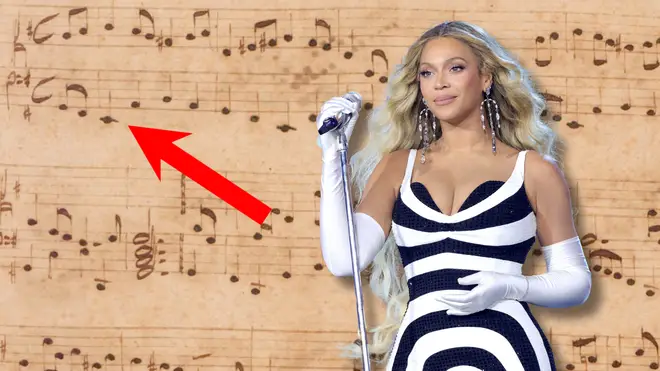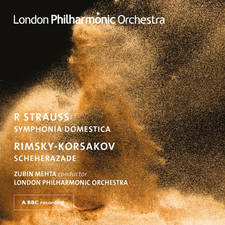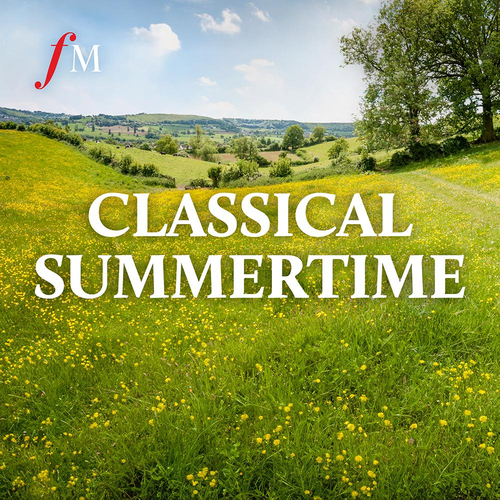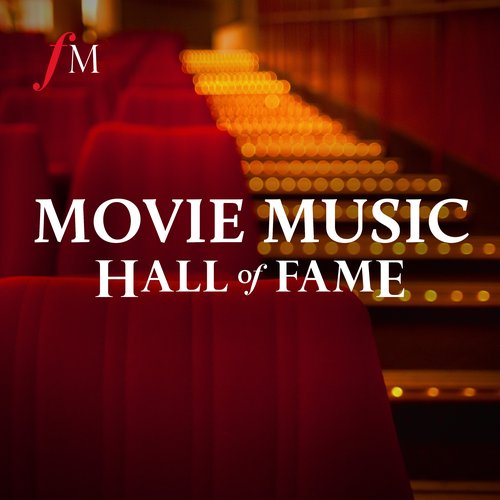How Bach inspired Beyoncé – all the classical music references in ‘Cowboy Carter’
2 April 2024, 16:13 | Updated: 2 April 2024, 16:16

You’ve spent the weekend square dancing to Beyoncé’s ‘Cowboy Carter’ – but did you know the album also tips its cowboy hat to classical music?
Listen to this article
Beyoncé and opera? We’ve been here before – in 2001, the singer starred in a musical film Carmen: A Hip Hopera based on Bizet’s much-loved 1875 opera, but with hip-hop music. And in 2019, Queen Bey shared a clip of herself singing some rich operatic runs behind the scenes of Disney’s live-action remake of The Lion King.
From her rise to fame in the 1990s R&B group Destiny’s Child to her wildly popular solo pop career from the early 2000s onward, Beyoncé’s musical world knows no bounds.
Last Friday, the singer and businesswoman dropped her latest album, Cowboy Carter, a country-inspired album which is the second step in a trilogy, a brainchild of the pandemic, which began with her 2022 album Renaissance.
The Texas native galloped fearlessly into the country genre, diversifying her already vast and accomplished musical output. The country influences in the songs are clear, with cameos from country legends like Willie Nelson, Dolly Parton and Linda Martell, and use of acoustic guitar, harmonica, accordion, washboard, and bass ukulele.
While the album is a notable foray into country music, Beyoncé has also used this release to lasso in some classical music and opera influences which, while less immediately obvious than their country counterparts, are unmistakably present. Let’s dive in...
Read more: When Beyoncé sang Bizet’s Carmen for a 2002 Pepsi advert

The classical music origins of ‘Blackbird’
‘Blackbiird’, the second track of the 27-song album, is a cover of The Beatles’ ultra-famous song, which has its roots in none other than a Johann Sebastian Bach composition. Beatles frontman Paul McCartney said the guitar accompaniment for ‘Blackbird’ was first inspired by Bach’s Bourrée in E minor, originally written for lute but played on the classical guitar.
Bach’s Bourrée features the melody and bass notes played simultaneously on the upper and lower strings. McCartney has said he adapted this, as well a segment of the Bourrée melody, for the opening of ‘Blackbird’, carrying the musical idea throughout the song.

Bourrée BWV 996 by J.S. Bach - Grade 5 Repertoire for Classical Guitar
Beyoncé’s rendition of the song preserves this hallmark Bach influence in the guitar accompaniment. Who knew we’d get not only a Beyoncé and Beatles crossover – but also Bach?
Read more: Nina Simone plays a stunning Bach-style fugue in the middle of one of her classic songs

BLACKBIIRD (Official Lyric Video)
Italian opera in ‘Daughter’
The eleventh track from Cowboy Carter is perhaps the pinnacle of unexpected classical and country fusion engineered by our unlikely rodeo queen. Just after the halfway mark in ‘Daughter’, a hauntingly beautiful ballad, Beyoncé changes course into a rendition of none other than the soprano aria ‘Caro mio ben’ (‘My dear beloved’).

Beyoncé - DAUGHTER (Official Lyric Video)
The concert aria, written by Italian composer Tommaso Giordani in the late 1700s, is one of the best-known compositions for classical voice, and a staple of young vocal students. Although Beyoncé transposes the original composition to a different key and puts her own spin on the traditional melody, the lyrics remain the same.
The Italian roughly translates to, “My dear beloved, believe me at least; without you, my heart languishes. Your faithful one always sighs; cease, cruel one, so much punishment!”
The lyrics make it clear – the aria is a perfect complement to a song about navigating one’s own emotions and loneliness in the face of infidelity.

Cecilia Bartoli - "Caro mio ben"
Diving even deeper into the song, there’s an almost imperceptible nod to Beethoven. Blink and you’ll miss the traces of ‘Für Elise’ hiding in the recurring motif in the piano. At the end of several eight-bar phrases, you can hear the suggestion of the signature alternating, two-note melody between E and E-flat, which famously peels open Beethoven’s iconic piano piece.
Read more: Why Beethoven's ‘Für Elise’ is an unexpectedly sophisticated piece of music

Lang Lang 'Für Elise' (live at The Global Awards 2019)
Beyoncé’s full range as a musician, vocalist, songwriter and creator is on display in this genre-defying second act of her trilogy, leaving many of us wondering when Bey might bless us with an opera-inspired album.
She released ‘Diva’ in 2008. Could there possibly be a ‘Casta Diva’ next?










































